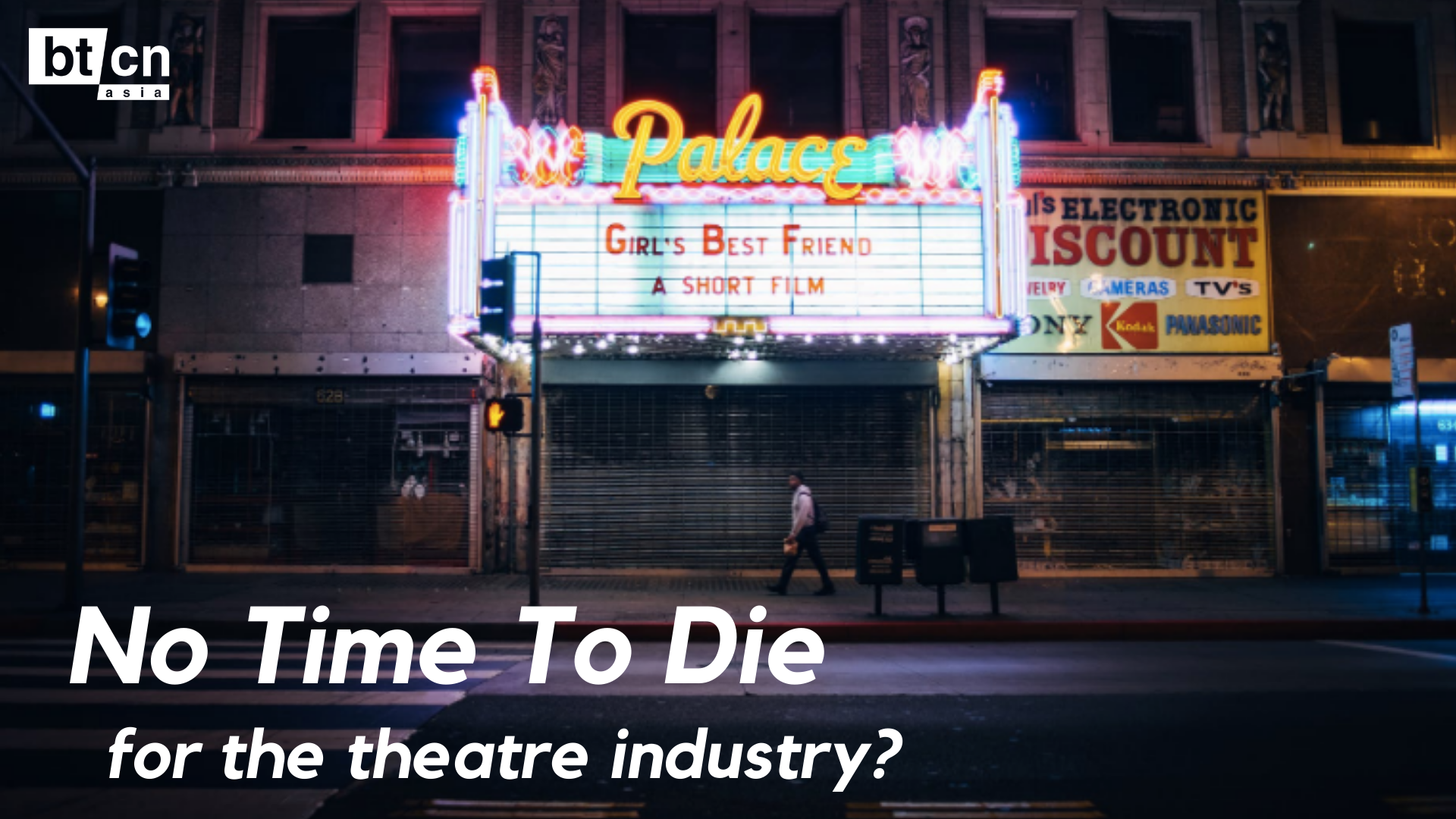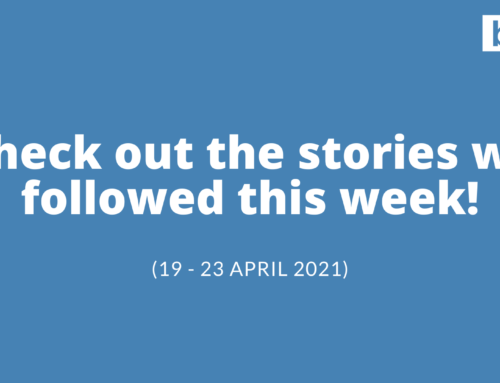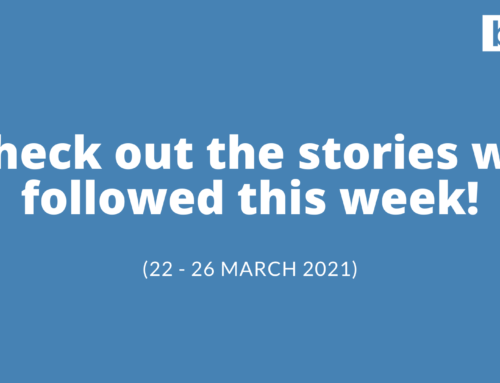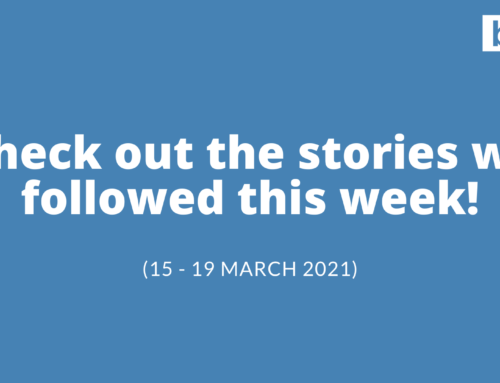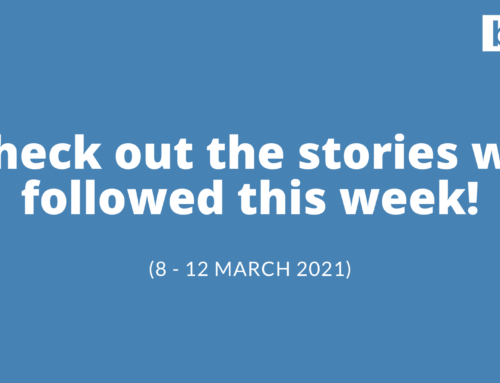To state the obvious, the movie theatre industry is not doing well – a microcosm of which is the announcement yesterday of Regal Cinema’s impending closure. Regal is the second-largest US cinema chain, and when their 536 cinemas and 7,000 screens go dark this Thursday, it will mark the latest milestone in what’s been essentially a slow-moving car crash for the entire theatre industry during 2020.
The challenge for the industry going into Covid has been two-pronged.
Firstly, going into Covid many major chains’ balance sheets were already looking rough on the back of an industry-wide push to improve theatre offerings to better compete with the likes of Netflix – by removing seats, adding high-end recliners, and generally going for a quality-over-quantity approach.
An approach that now seems strangely prophetic in the new normal of social distancing (in indoor spaces). But it’s also an approach that’s never had a chance to be proven out – as major US cinema markets like New York state continue to enforce cinema closures – a measure which movie industry advocacy groups decry given that New York for instance, has allowed casinos and bowling alleys to reopen.
If cinemas seemed pretty full prior to Covid, why then do theatres owe so much money? The answer’s simple. As reported by Variety in July – for years, movie theater chains such as AMC and Cineworld had embarked on aggressive M&A sprees to consolidate their holdings – largely financed by debt that has now left them highly leveraged. Case in point, Cineworld may now be facing possible legal action after pulling out of a $2.1 billion deal to acquire the Canadian theatre chain, Cineplex.
With few, if any movies to show, and virtually no theatre-goers to watch them, what then?
Going to the debt market is also becoming increasingly unviable as well. Just one year ago, Regal’s UK-listed holding company Cineworld’s stock price was US$252. Yesterday, it reached as low as $22 on news of the closures before rebounding slightly. Simply put, the market has seemingly little confidence in the theatre industry’s ability to turn things around. Rightly so, unfortunately, as the drivers behind this crisis are wholly out of the theatre industry’s control. They simply need to ride this out and hope for the best. A sentiment that rarely engenders optimism in any market.

